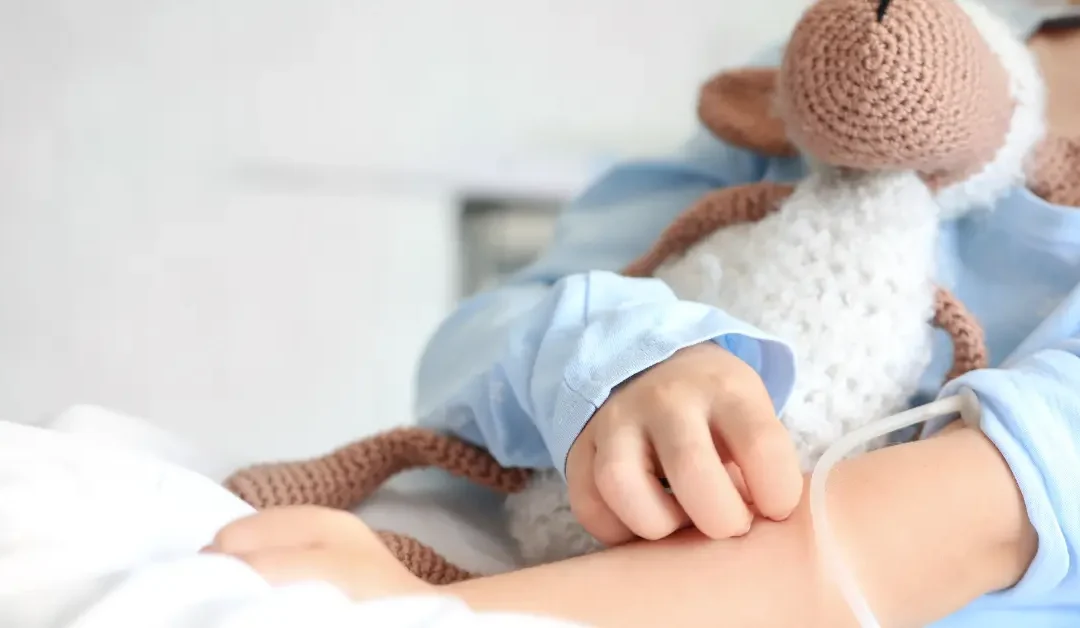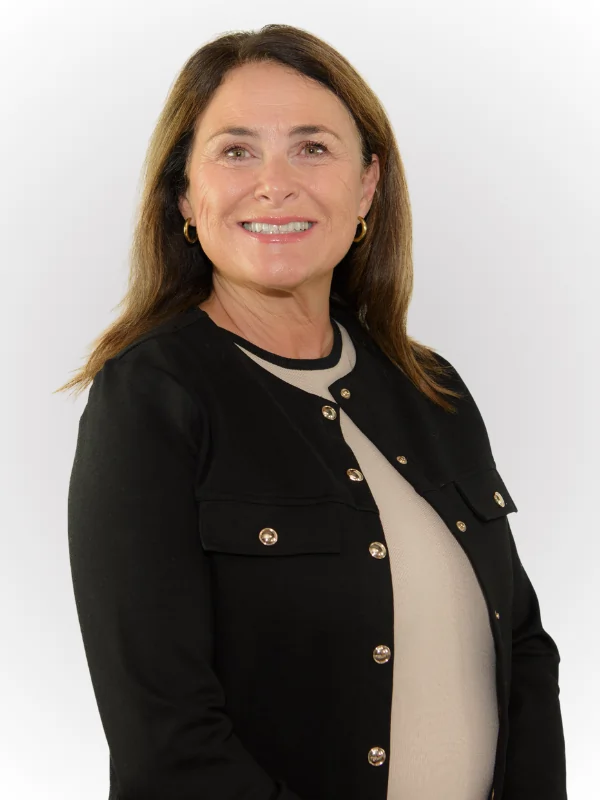The CHI hip surgery review has uncovered serious issues in paediatric care, prompting an apology from CHI and a commitment to reform.

It has been revealed through the Commission of Investigation’s Third Interim Report that while some Catholic Orders of nuns which ran or staffed mother and baby institutions provided extensive documentation, others have said that very little archival material was available. The report also states that statutory health authority records are also proving difficult to find.
These recent revelations come as Dr Katherine Zappone, Minister for Children and Youth Affairs has announced that she is going to establish a Collaborative Forum, in order to support former residents to gain access to records that would document their mothers’, siblings’ and their own times in the homes. This forum is being described as ‘survivor focused.’
A statement released by Ms Zappone to accompany the report described the forum as a progressive response to the theme of ‘nothing about us without us’ which emerged from the two facilitated consultations that she took part in last summer along with the survivors and their families. These took place in Cork and in Dublin.
Ms Zappone was told by many of the survivors that she met, that the most important thing for them was to gain access to all of their personal information. For many of the 120 survivor participants that were willing to comment to The Irish Times, this meant accessing their records from the time they were in institutions, along with the records of their siblings and mothers. Getting their own medical records is also a priority.
Redress was demanded among the other measures. However, the government has said it cannot consider redress until the Commission has furnished its final report. Survivors have asked for more information about the ongoing Commission of Investigation, counselling and the recording of a ‘collective history’ of their experiences.
Ms Zappone’s department have also published a Frequently Asked Questions document, which can be accessed using the following link:
https://www.dcya.gov.ie/documents/MotherAndBabyHomesExtensionFAQ.pdf
In the interim report, the three person commission, chaired by Judge Yvonne Murphy, sets out what is involved in analysing and collating the range of documentary material related to its terms of reference.
The Mother and Baby Home Commission states: “some have very little material available while others have provided extensive material” when referring to legally enforceable discovery orders relating to the records of the Catholic religious orders that ran most of the homes.
The Commission goes on to list some of the main challenges it is facing in its probe into 14 mother and baby homes and a sample of four other county homes:
Some of the issues have proved to be very time consuming. For example the Commission states it has spent time trying to establish burial practices in the Tuam mother and baby home.
Most records of admission, residence and discharge of the large mother and baby homes are in paper form and are held by Tusla. The Mother and Baby Home Commission decided to electronically scan these papers to allow for ‘detailed analysis’. This process is taking a considerable time.
The collection and analysis of information regarding entry and exit pathways for mothers and their children; mortality rates, living conditions, post-mortem practices and vaccine trials in the institutions and the practices involved regarding fostering and adoption placements.
Records of the four county homes are either held by the National or local archives or the HSE and these are being examined and analysed manually.
While there are detailed death records available, the Commission has stated that there are significant gaps in the information available about the burials of babies who died in a number of the institutions that are being investigated. While they continue to make enquiries into this area, but they state that it appears this will be an area in which it is difficult to establish the full facts.
The Commission has heard evidence about the conditions of the institutions from 140 individuals, including former residents, representatives of the authorities who ran the institutions and former workers.
The Mother and Baby Home Commission states that the analysis of the scanned documentation collated to date will not be completed until mid 2018.
You can contact our team of experienced Abuse law solicitors who can discuss your case privately with you.
Contact [email protected] or 01-5313800.

Head of Client Services
F: 1800-844-104
E: [email protected]
”At Coleman Legal, excellence in customer care is paramount. We aim to meet both prospective and existing clients’ needs professionally and in a friendly manner with a clear objective of giving quality legal advice and reaching a positive outcome.”